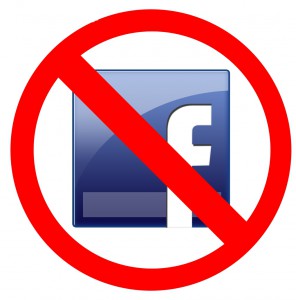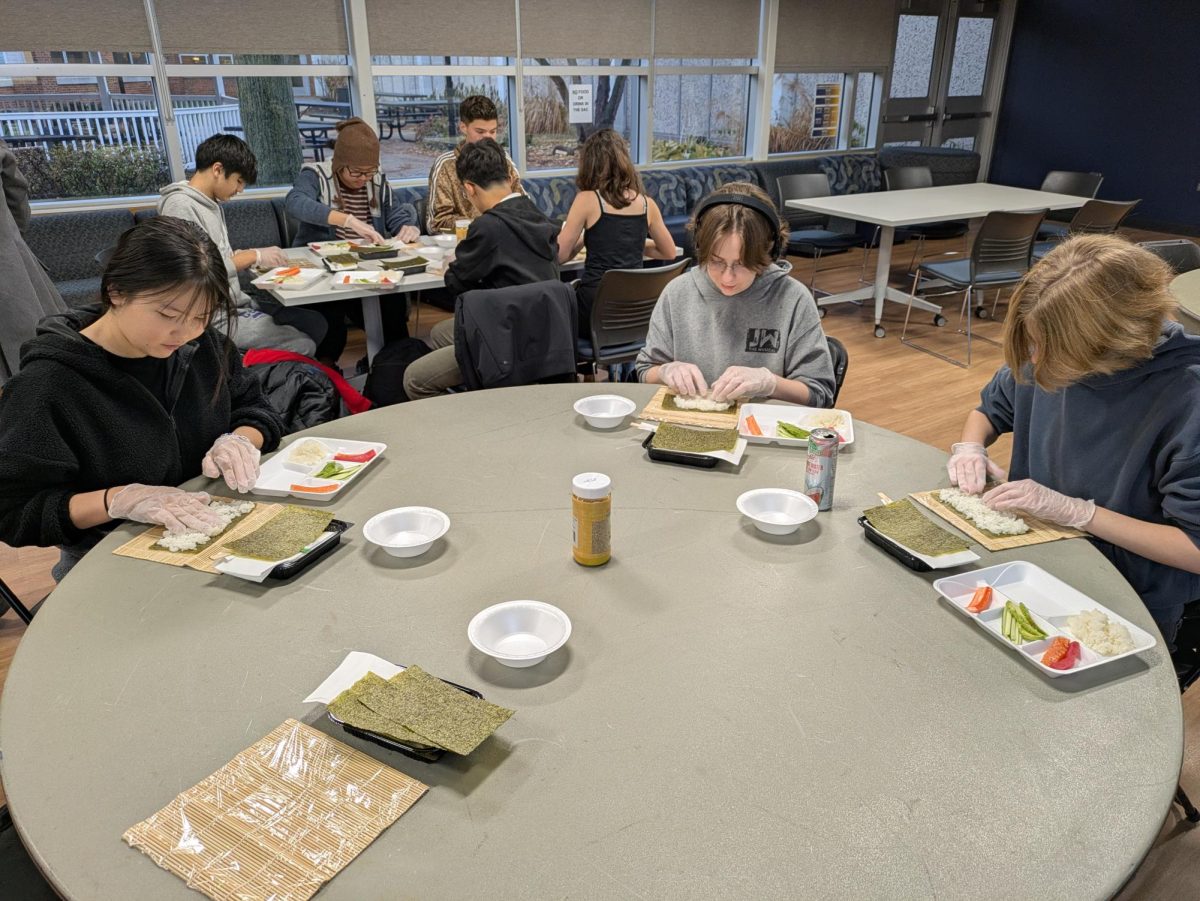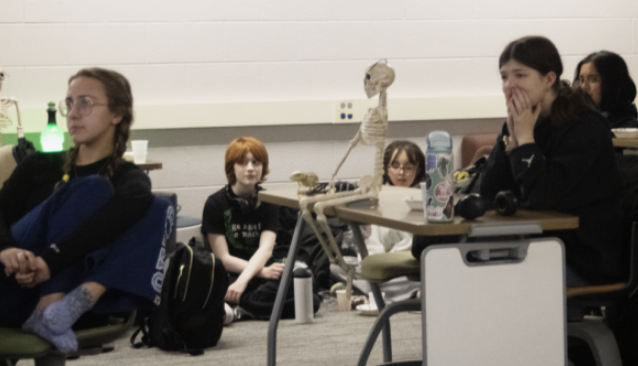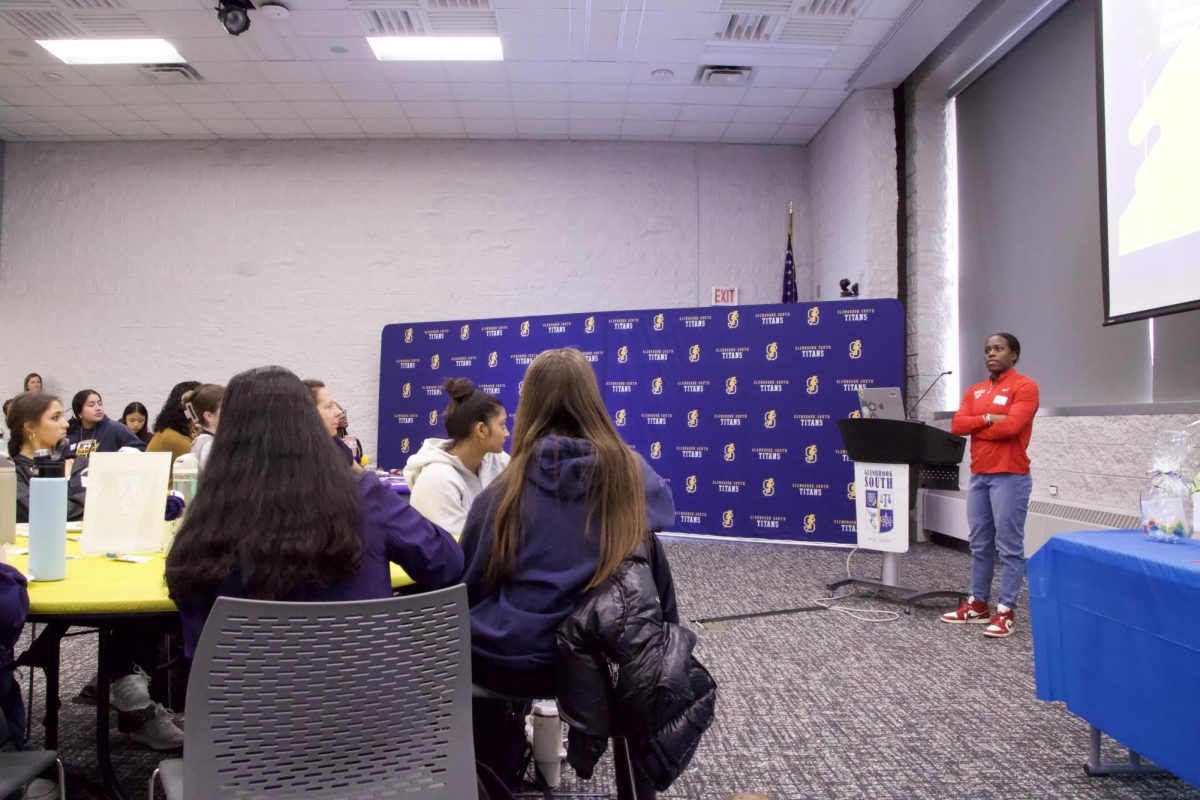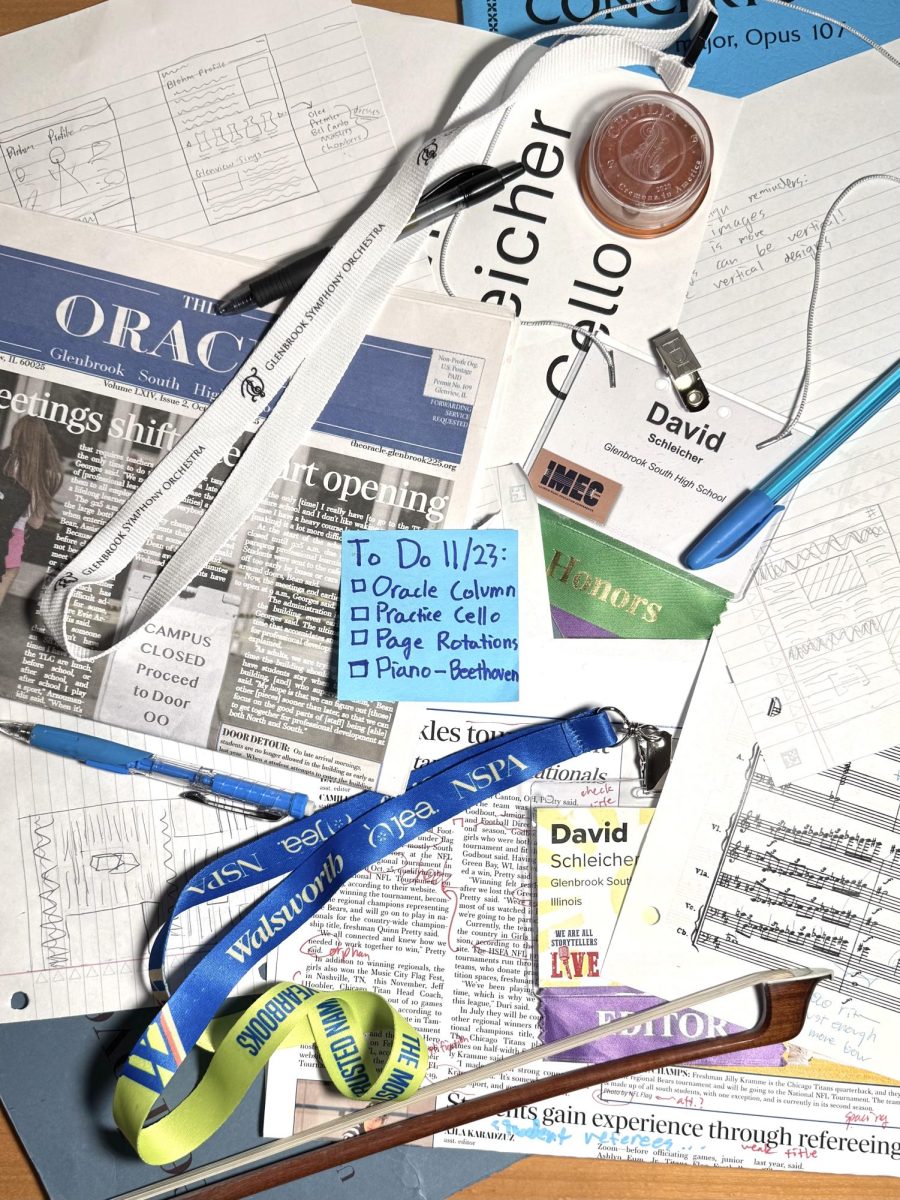A 16 year old girl is skimming through her news feed. The top item is a photo of a girl in her math class, Jenny, at a party that past weekend. Next she sees a relationship status that shows that Logan went from “in a relationship” to “single”.
At this point most readers know what is being referenced without even having to say the name–Facebook. Facebook is usually part of a teenager’s life. However, there are a few students here at South that choose to stray away from social networking.
Junior Cole Hamilton happens to be one of those students. He explained an underlying reason to why he had his Facebook for just a week when he decided to delete it.
“It seemed weird to me that people could go on there and look for you, and just by looking at this page that you’ve set up they form an opinion of you,” Hamilton said. “But yet, that could not be who you are.”
Hamilton feels that Facebook can be a false advertisement. A person could judge someone else purely off of the things they see on their profile, and what they see may not be accurate.
“I had these two really stupid pictures up and someone who didn’t know me could go on there and be like ‘oh, this kid looks dumb,’” Hamilton said.
Junior Izzy Fradin was in middle school when she decided to delete her Facebook.
“I didn’t see the value in it and I saw how much time I was wasting on it,” Fradin said.
Hamilton also sees how Facebook can be a time-waster.
“A lot of people go and do their homework and just pull Facebook up and […] instead of [homework] taking two hours, it takes like five because they’re back and forth the whole time,” Hamilton explained.
A touchier subject that Facebook can play a role in is cyber bullying.
“All the cyber bullying that goes on is such a big problem, and recently at GBS I know there have been a lot of problems with it, not just on Facebook, but on Twitter, too,” Fradin said.
These students are hoping to stay away from all these potential problems Facebook can cause. There may be a downside to this though, according to senior Alison Mah. She encountered a disadvantage to not having a Facebook.
“My aunt had a baby and she was posting pictures of her baby and everybody was talking about it, and I had no idea […] so I just felt really out of the loop,” Mah said.
Some may think not having a Facebook can deprive someone of information. If people are talking about an event that occurred on Facebook and a student without a Facebook is present, those people may have to take time to explain to that student what is going on.
It’s situations like these that lead people to urge Fradin and students like Fradin to get a Facebook. Junior Afroza Ladhani has also experienced this feeling of distance.
Ladhani is just one of the students without a Facebook who does not give into the pressures of getting one.
“I feel like high school drama is not really something that I want to keep up with,” Mah said.
Some students might say that Facebook has just turned into a gateway to gossip. Students without Facebooks certainly seem to want to steer clear of gossip. It appears to be common for Facebook users to post personal things.
“It’s just asking for trouble,” Mah stated.
Not only do students posting personal things lead to gossip, but it may evoke security precautions. English teacher John Allen elaborated on this.
“If you took somebody from the 1950s and showed them what we were doing, in terms of how we share personal information, they would flip out,” Allen said.
After recognizing all the advantages and disadvantages to not having a Facebook, these students felt that the pros outweighed the cons.
“There are definitely more advantages,” Fradin stated. “People don’t get sufficient sleep, don’t have good dietary habits, or are lacking in other parts of their lives and I don’t think that the gain [of having a Facebook] is really worth what you’re losing.”
Students without a Facebook can seem to be the minority. However, some students say that not having a facebook is the best choice for them.
“Facebook is not so much a tool, but an addiction,” Allen stated.


